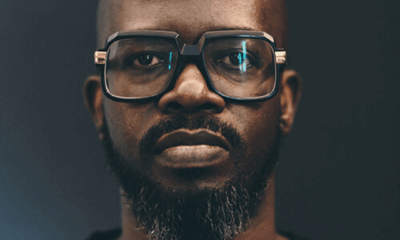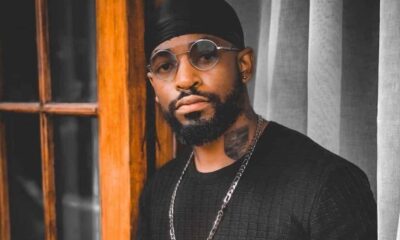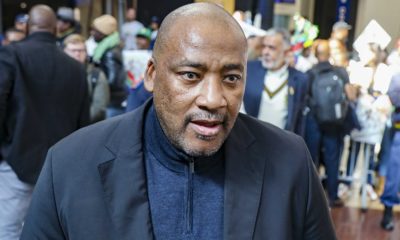Culture Craze
Enhle Mbali on K-Word Hair Comment: No Regrets

A celebration turned controversy
What was meant to be a career highlight for Enhle Mbali Mlotshwa quickly turned into a cultural flashpoint. After being announced as the new face of Carlton Hair South Africa, the actress and media personality used a loaded term to describe her natural hair, a moment that ignited national debate.
She called it “ka***r-hare.” For some, the term was a personal reclaiming. For others, it reopened wounds tied to apartheid-era humiliation. The backlash came swiftly. But Enhle stood firm.
“I don’t have any regrets,” she said in a statement, “but I am apologetic to those who feel offended.”
Language, legacy, and liberation
Mlotshwa’s intention was not to shock but to show how far she’s come in owning her identity. She argued that in her community, the word has shifted in meaning. Like the n-word in American culture, its use depends on who says it, how, and why.
“I am a black woman, and I have every right to use it if I choose,” she explained.
She believes that reclaiming the term is part of her healing. That naming the thing that once caused shame is how you strip it of its power.
Reactions online: Mixed and emotional
Public reaction was fast and deeply divided. Some fans applauded her honesty and called her brave. Others felt the term still carries too much pain to be used casually, especially by public figures.
Cultural organisations also weighed in. Masana Mulaudzi from Sonke Gender Justice said the focus on Enhle’s word choice distracts from a bigger problem: how Black women are constantly policed, especially at moments of success.
“This is not the first time a Black woman has been celebrated, only to be villainised the moment she shows vulnerability or honesty,” Mulaudzi said.
The “glass ledge” black women still face
Mulaudzi introduced a powerful metaphor: the “glass ceiling” is being broken by successful Black women, but once they rise, many find themselves on a “glass ledge.” That ledge leaves them exposed; when they slip or speak out, the support disappears.
She believes Mlotshwa is being asked to justify her identity in a way that reveals the country’s unresolved relationship with race, language, and gender.
More than just a word
Hair in South Africa is personal and political. It has been the subject of school code violations, workplace bias, and now, celebrity headlines. For some, natural hair is a symbol of pride and heritage. For others, it’s just one of many ways to show up in the world.
Mlotshwa’s comment may have stirred discomfort, but it also forced a bigger conversation. Who gets to reclaim slurs? Can pain and pride coexist in the same word? And how do we hold space for truth when it doesn’t fit neatly into political correctness?
Enhle Mbali Mlotshwa is not backing down. She’s standing in her truth, even if it means taking heat for it. And in doing so, she has unknowingly lit a fire under a national conversation that many would prefer to avoid.
Love her or disagree with her, one thing is clear: this isn’t just about language. It’s about what South Africa is still trying to unpack and who gets to speak while doing it.
Also read: Londie London Turns the Page with a Luxe New Hair Salon in Johannesburg
Follow Joburg ETC on Facebook, Twitter, TikT
For more News in Johannesburg, visit joburgetc.com
Source: The Citizen
Featured Image: News24























